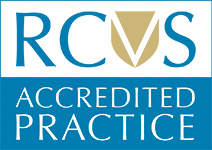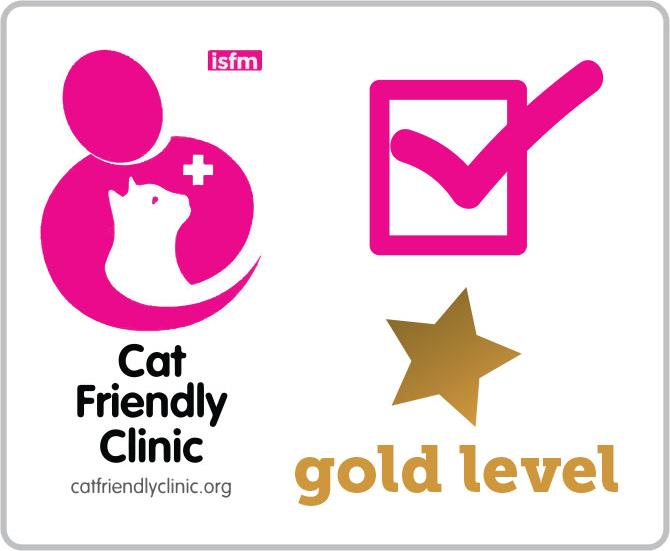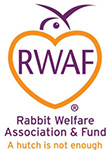Kennel Cough
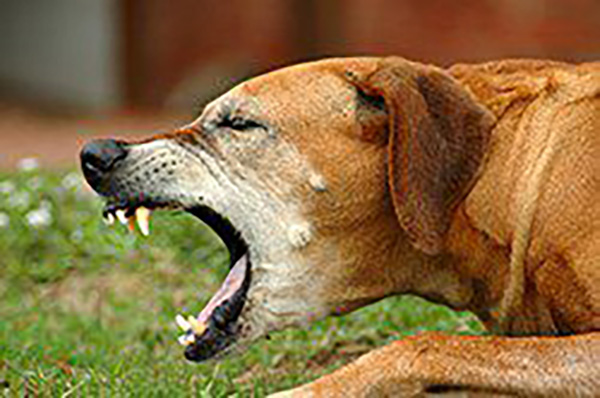 What is Kennel Cough?
What is Kennel Cough?
Kennel cough is a highly contagious, respiratory illness of dogs made up of several viruses and bacteria. Similar to the common cold or flu in people, the strains of Kennel Cough going around can change over time which means that it is impossible to prevent it entirely, however, vaccination prevents a lot of illness and even if they do manage to get infected post-vaccination, it should be a much milder form of the disease.
Usually if your dog has Kennel Cough you will notice, you may have guessed it, a cough!! Typically the cough can sound like bark or a retch. Sometimes it sounds as if they are trying to vomit but very rarely will they produce anything. In some cases, it can also result in a loss of appetite, tiredness and a fever. The cough is often very persistent.
A lot of the time affected dogs will carry on as usual and may not need to seek veterinary attention, but older and younger dogs can be worse affected, as well as those affected by other conditions that lower their immune systems ability to respond to infections.
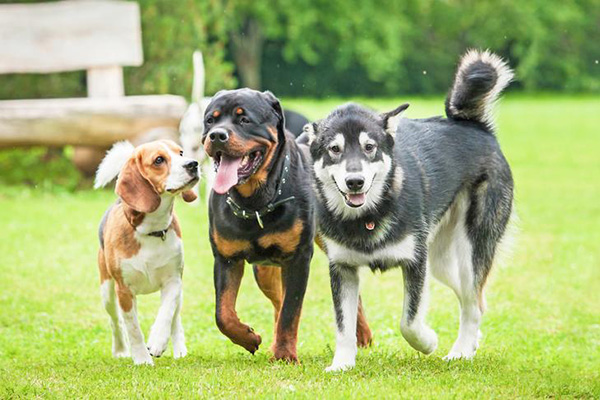 Despite the name, Kennel Cough can be picked up anywhere where your dog mixes with other dogs, not just when staying in kennels. There was an attempt to rename it "Canine infectious respiratory disease complex" but unsurprisingly, this hasn't caught on. Other places your dog may contract kennel cough include; doggy day care, group dog walks or even just frequenting areas where a lot of dogs pass through e.g. in parks and across fields.
Despite the name, Kennel Cough can be picked up anywhere where your dog mixes with other dogs, not just when staying in kennels. There was an attempt to rename it "Canine infectious respiratory disease complex" but unsurprisingly, this hasn't caught on. Other places your dog may contract kennel cough include; doggy day care, group dog walks or even just frequenting areas where a lot of dogs pass through e.g. in parks and across fields.
Once a dog has caught Kennel Cough, they may have symptoms for up to 3 weeks, and still may be contagious to other dogs for a further 2-3 weeks after they finish coughing. Since dog's can't wear face masks, it's advisable to keep them away from any other dogs whilst they have symptoms and for a couple of weeks afterwards, to try and avoid spreading the infection. The disease is spread through the water droplets coughed out and can survive in the environment for quite a while. If you need to bring your dog into the vets, and you suspect they have Kennel Cough, please keep them in the car or outside the practice until the vet is ready to see you to prevent the risk of spreading the disease.
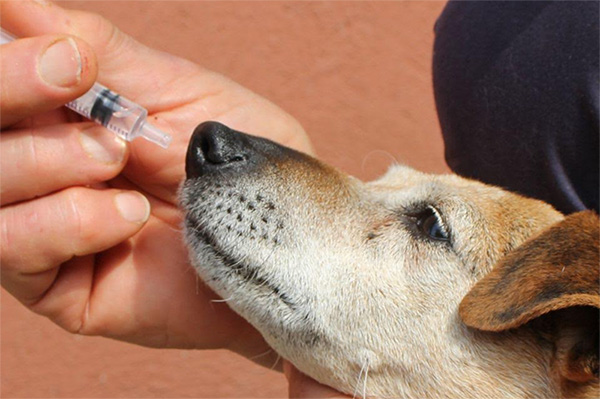 What can we do to help?
What can we do to help?
After a clinical examination to check they aren't seriously affected by the infection, and that their cough isn't caused by another ailment, vets will often prescribe anti-inflammatories to help reduce the coughing and the pain/inflammation associated with this. At home you can consider giving them some warm water with some honey in it, to soothe their throats, provided they don't have diabetes or a sensitivity to honey. Antibiotics are rarely needed to treat Kennel Cough, as most of the disease is caused by viruses, to which antibiotics will have no effect.
Another important thing to consider is the Kennel Cough vaccination. Whilst it will have no effect if your dog is already suffering from the disease, it can be a useful tool to protect them in the future. As mentioned earlier, since the strains of Kennel Cough in the dog populations are constantly evolving, the vaccine is not 100% effective at preventing cases of the disease. However, if your dog is vaccinated but catches a different strain, they should be less poorly and coughing for less time than if they hadn't been vaccinated. Usually, the vaccine is just one intranasal injection i.e. the liquid is squirted up a nostril. However, not all dogs take kindly to this, so there is also an injectable version should they prefer i.e. a version that is injected under skin at the back of the neck just like their other vaccinations. As the intranasal vaccine is a “live” vaccine, it does theoretically carry the risk that recently vaccinated dogs are able to spread the disease for a short period of time. For this reason, most kennels ask that they don't have the intranasal vaccine too soon before going into kennels. Please check with your kennels or day care providers what their policy is on kennel cough vaccines - as it can be a costly mistake to make! If you, as an owner, are immune-compromised then it is worth speaking to you GP to check if they are happy for your dog to have the “live” vaccine or would they prefer the injectable “inactive” vaccine.
If you think your dog may have kennel cough, or if you want to book in for a kennel cough vaccine - please give us a call or contact us via our app (Petsapp) and our friendly reception team will be glad to assist you.
-
Next

